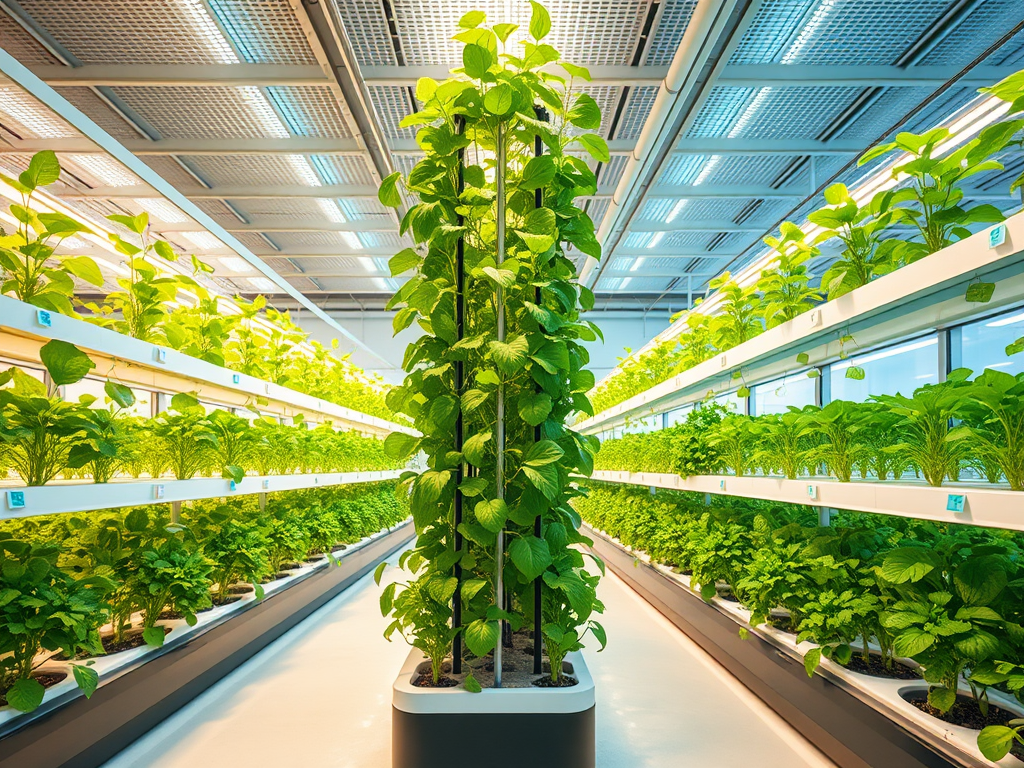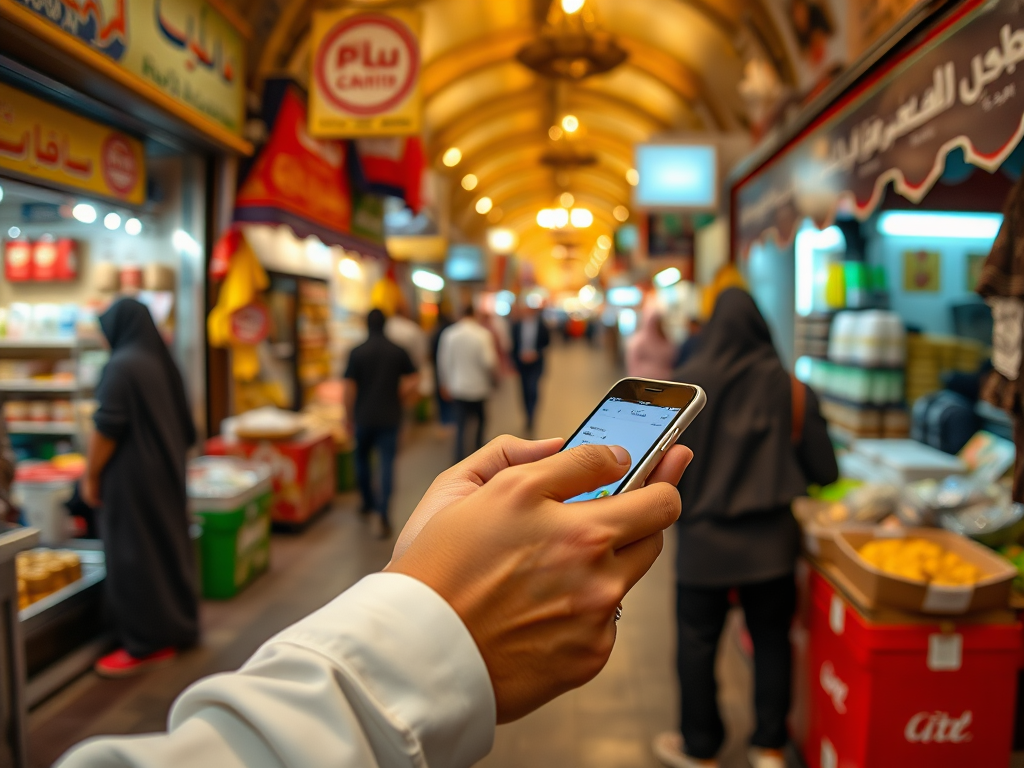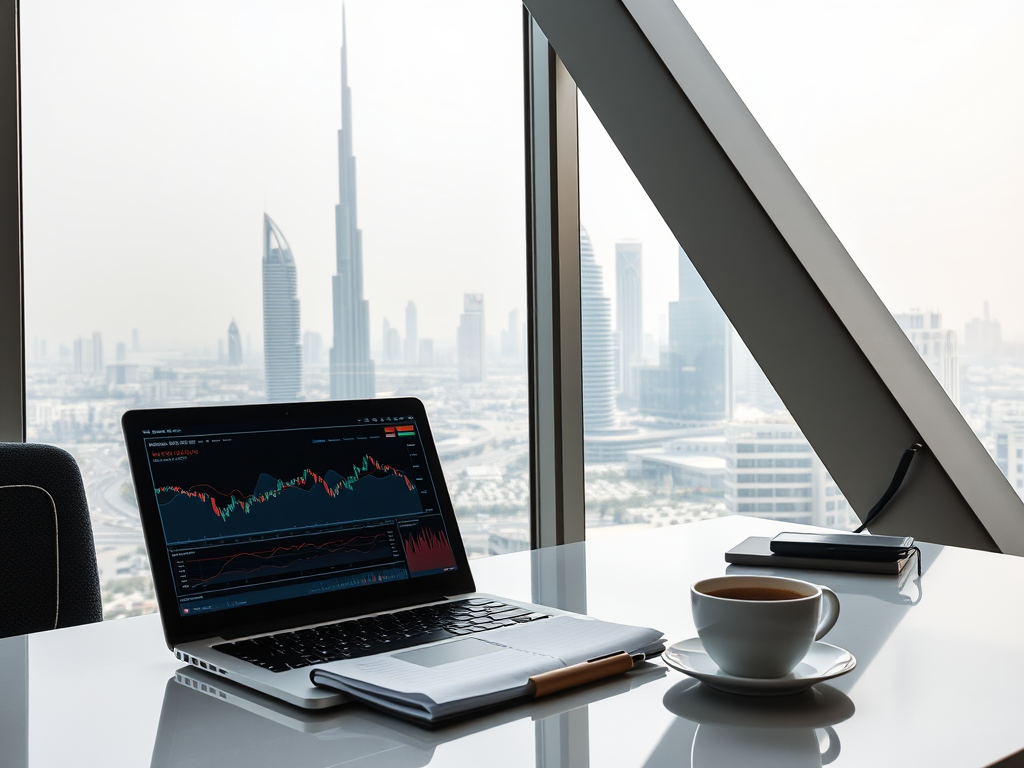Dubai has made remarkable strides in developing sustainable farming projects that not only address food security but also promote environmental stewardship. With a population that continues to grow and limited agricultural land, the emirate has turned its attention to innovative farming solutions. These projects utilize technology and local resources to create sustainable food production systems. This article will explore the various initiatives, benefits, and challenges associated with sustainable farming in Dubai, showing how the city is positioning itself as a leader in agricultural innovation.
Innovative Farming Techniques
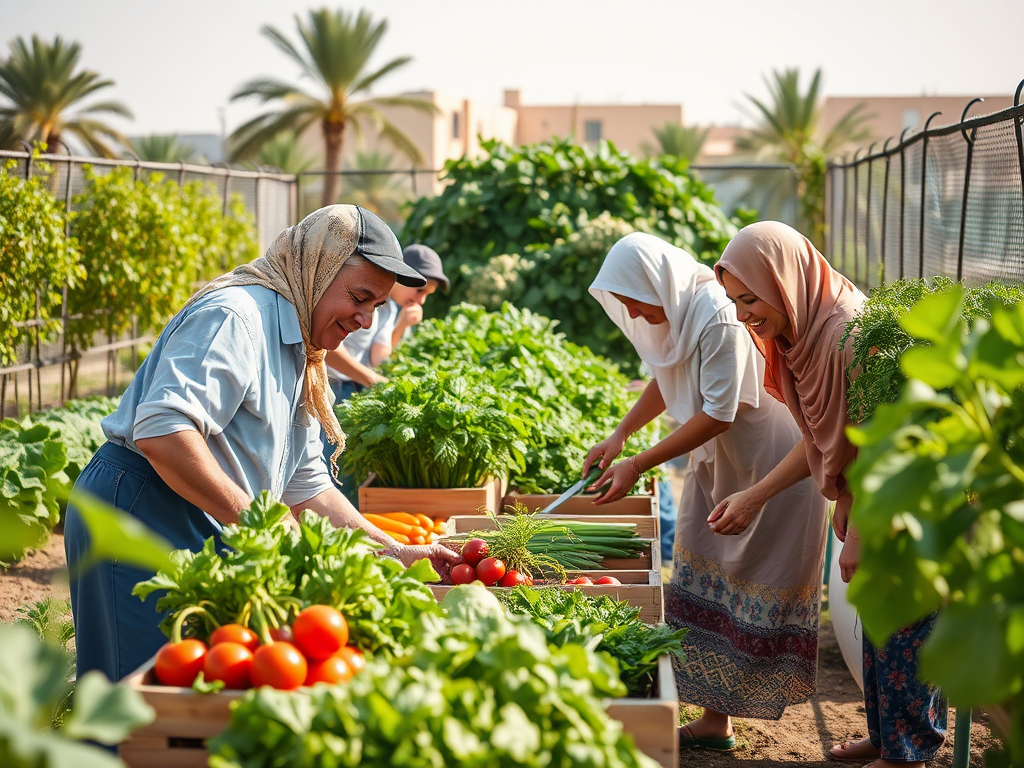
Dubai’s sustainable farming projects incorporate a variety of innovative techniques designed to maximize efficiency and produce. Here are some key methods being employed:
- Hydroponics: This soil-less farming technique nurtures plants in nutrient-rich water, minimizing water usage.
- Aeroponics: Plants are grown in an air/mist environment, which enhances growth while using even less water than hydroponics.
- Vertical Farming: Utilizing vertical space, these farms can produce a greater quantity of crops in a smaller footprint.
- Smart Farming Technologies: Technologies such as IoT sensors and drones are deployed to monitor crop health and optimize resource usage.
These innovative techniques not only increase productivity but also significantly reduce the environmental impact associated with traditional farming methods.
Benefits of Sustainable Farming
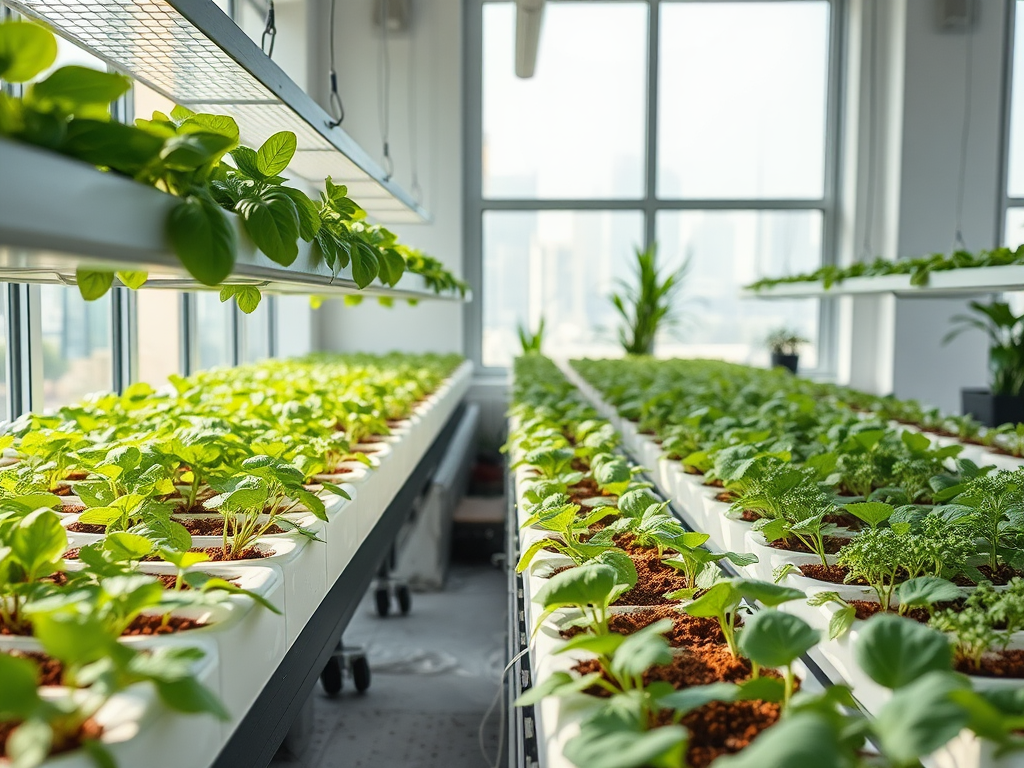
The shift toward sustainable farming in Dubai brings numerous benefits that have far-reaching implications for the emirate’s economy and environment. Some of the advantages include:
- Enhanced Food Security: With less dependency on food imports, local production ensures a steady supply of fresh produce.
- Reduced Water Usage: Sustainable farming techniques substantially lower water consumption, a critical factor in arid environments.
- Job Creation: As new agricultural projects arise, they create job opportunities and promote local employment.
- Environmental Conservation: A focus on eco-friendly practices contributes to preserving biodiversity and reducing carbon emissions.
These advantages underscore the significance of sustainable farming as a central component of Dubai’s agenda for a sustainable future.
Despite the promising developments in sustainable farming, there are notable challenges that have to be addressed. Some of these include:
- Investment Costs: Setting up modern farming technologies can require substantial initial investment.
- Knowledge Gaps: There is a need for specialized skills and knowledge in sustainable agriculture practices.
- Climate Limitations: Dubai’s extreme climate can be a barrier to certain crops and conventional farming practices.
- Land Availability: With urban expansion, finding suitable and affordable land for farming remains a challenge.
These hurdles necessitate innovative solutions and collaborations among government agencies, private sectors, and educational institutions to overcome them.
Community Involvement and Education
Community involvement and education play critical roles in the success of sustainable farming projects. Here’s how Dubai is engaging its residents:
- Workshops and Training: Various organizations offer workshops to educate the public and farmers about sustainable practices.
- Collaboration with Schools: Educational programs incorporated in schools promote awareness of sustainable agriculture among young students.
- Community Gardens: Initiatives incentivizing community members to start their own gardens encourage local food production.
- Public Awareness Campaigns: Campaigns aimed at promoting the benefits of local produce foster community support for sustainable projects.
By building a knowledgeable and engaged community, Dubai is ensuring the longevity and success of its sustainable farming initiatives.
Conclusion
The growth of sustainable farming projects in Dubai represents a critical step toward addressing food security and environmental sustainability. Through innovative techniques, community involvement, and dedicated efforts to overcome challenges, the city is forging a path to a greener and more self-sufficient future. As these initiatives continue to evolve, they will serve as a model for other regions facing similar challenges, showcasing the effective integration of technology and sustainability in agriculture.
Frequently Asked Questions
1. What are the main sustainable farming techniques used in Dubai?
The main sustainable farming techniques in Dubai include hydroponics, aeroponics, vertical farming, and the use of smart farming technologies.
2. How does sustainable farming contribute to food security in Dubai?
Sustainable farming reduces reliance on food imports by increasing local food production, which enhances the availability of fresh produce.
3. What are the environmental benefits of sustainable farming?
The environmental benefits include reduced water usage, minimized carbon emissions, and preserved biodiversity through eco-friendly farming practices.
4. What challenges do sustainable farming projects face in Dubai?
Challenges include high initial investment costs, knowledge gaps, climate limitations, and land availability.
5. How is the community involved in sustainable farming initiatives?
The community is involved through educational workshops, school programs, community gardens, and public awareness campaigns that promote local produce and sustainable practices.
